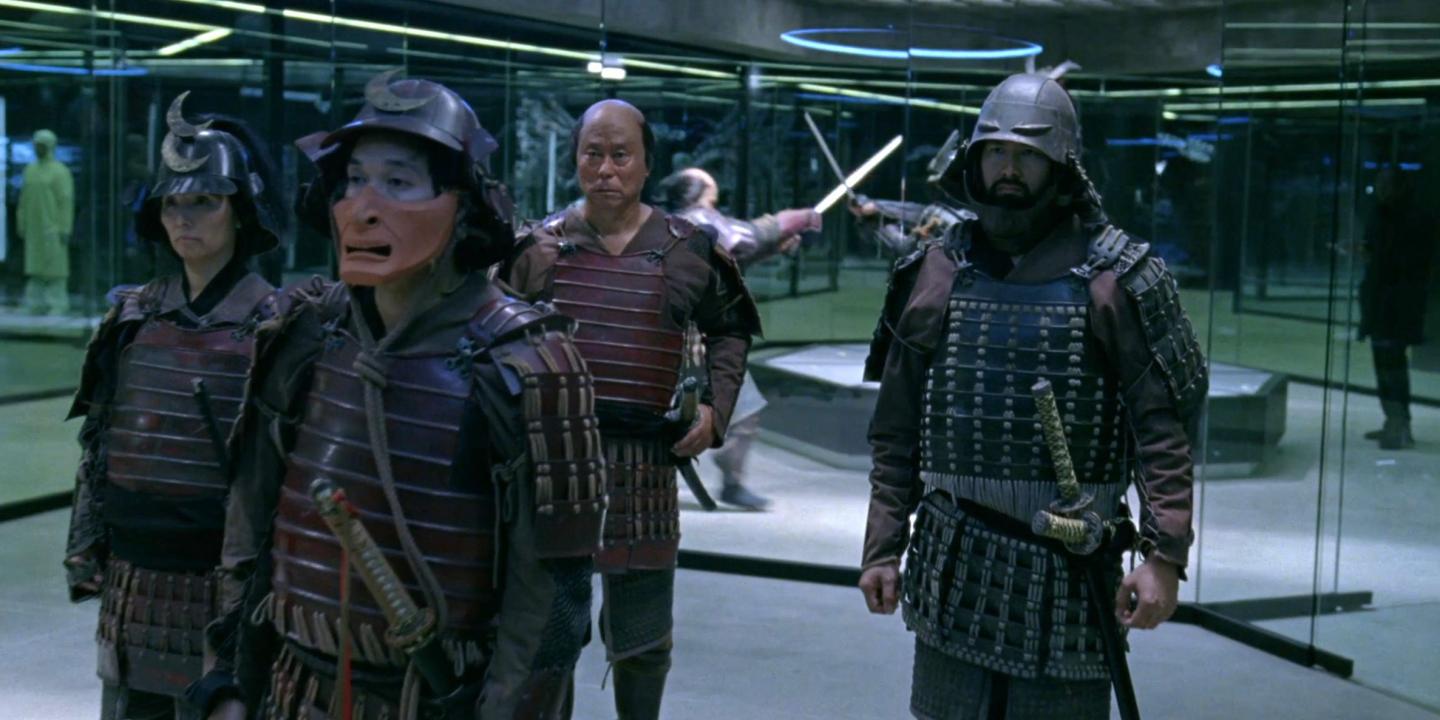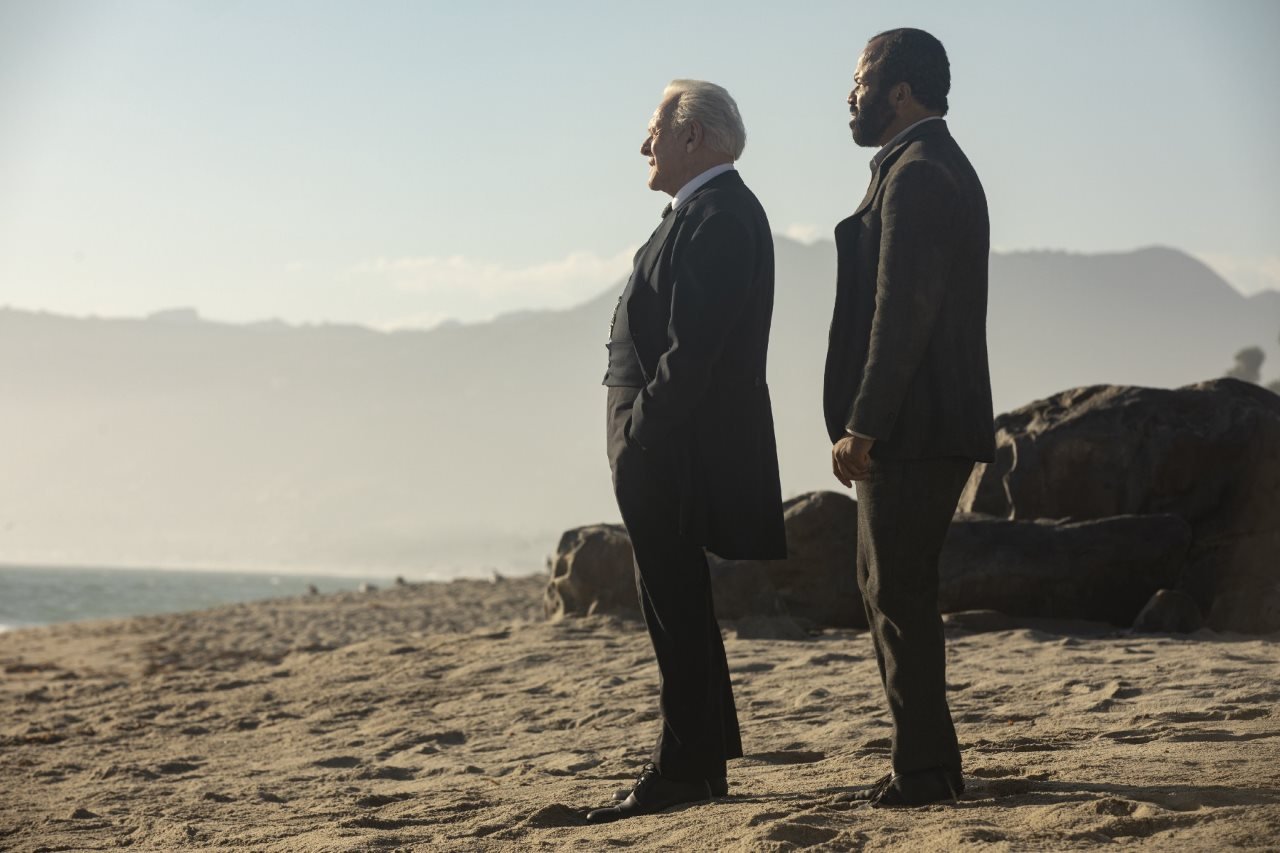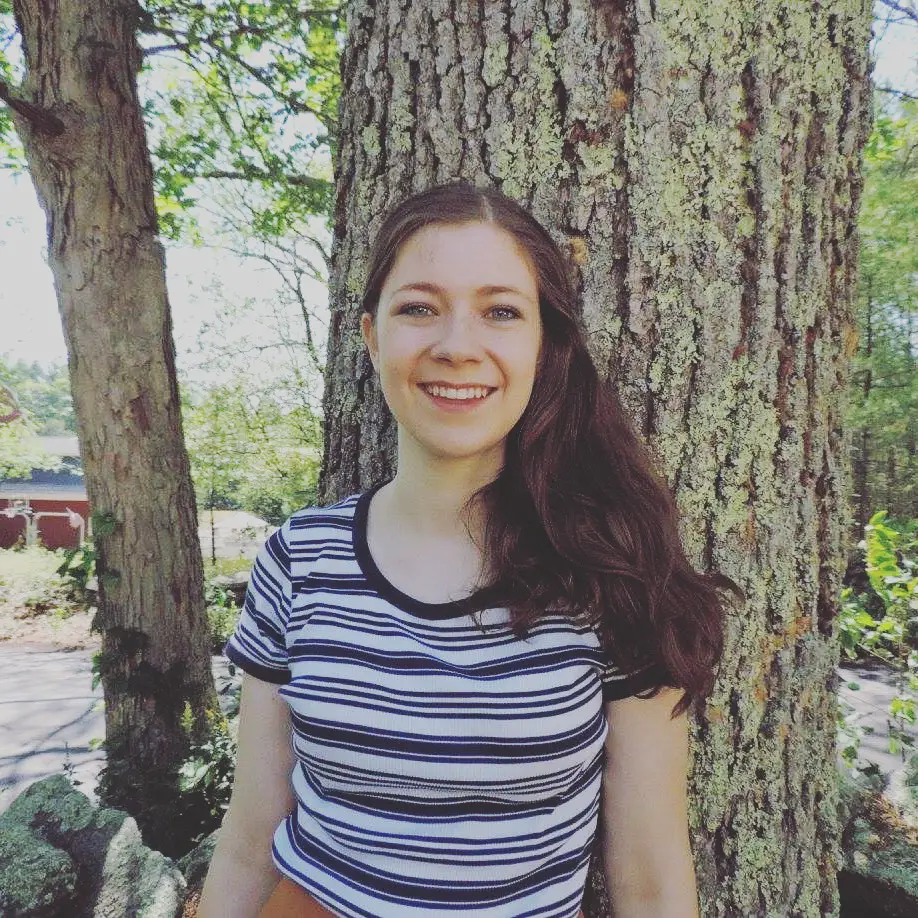Back in 2016, when HBO aired the first season of the sci-fi western “Westworld,” the series became an instant hit among viewers. The show’s first season offered up a little bit of everything; it was both sexy and violent, along with a sprinkle of subtle clues and dramatic twists.
Woven through the compelling characters and story-lines in every episode were profound philosophical musings about the ethics of using sentient robots. The debut season left fans speculating and clamoring for more.
Despite the positive response, the show’s creators were not thrilled with one aspect of how fans consumed their show. Over the course of the first season, viewers took to Reddit to discuss theories for what would happen in the upcoming episodes. And, unfortunately, they ended up getting an awful lot of them right.
The “Westworld” staff were obviously displeased with the on-the-nose theories prior to the start of the second season. The creators preemptively struck, by releasing a video that was said to contain the entire plot of season two so that any fan who couldn’t wait for the season premier could see ahead, and the patient ones wouldn’t have to read fan theories, which turned out to be spoilers. While the whole thing turned out to be an elaborate prank, the message was clear: Season 2 was not going to lend itself to theories-turned-spoilers quite as easily as Season 1.
Unfortunately, this desire to stop Reddit users from giving away all of their tricks meant that Season 2 ended up being an impenetrable puzzle, devoid of any predictable plot-lines. While the twists of Season 1 may have been a bit too easy to crack for some dedicated viewers, the plot and characters were so fascinating people were willing to devote hours to figuring out their secrets. Season 2 doubled down on the intricacy of the storytelling, which resulted in a season that was confusing from beginning to end and not nearly as interesting to follow.
One of the choices that hurt the second season of “Westworld” the most was continuing the gimmick of having the story set in multiple timelines. In the first season there are subtle hints that the show is not unfolding chronologically, but the fact that the events are actually happening years apart is not revealed until nearly the end of the season. This revelation not only made viewers reconsider everything they have watched up to that point, it added new dimensions to the plot and to most of the main characters. Therefore the multiple timelines functioned as a valuable plot device in the kickoff season.
The second season, however, makes it known from the beginning that the audience is seeing events unfold in multiple timelines. While some of those timelines are obviously set years in the past, others happen within mere weeks of each other, making it much more difficult to discern the actual timeline over the course of the season. In this case, using multiple timelines feels unnecessarily convoluted and does very little to advance the plot.
In fact, rather than adding to the narrative of the season, their tampering with time makes the unfolding story far less interesting than it could have been. Part of the season’s first episode takes place slightly in the future, where a sea of dead hosts is revealed with Bernard Lowe (Jeffrey Wright) saying that he killed them all.
With the dramatic knowledge given away so early on, the driving questions of the season became a reaction to the stunning event, rather than any substantive plot-lines. The first season went in more of a chronological fashion, leading up to the ultimate reveal at the end of the season, making for a much more gripping mystery than a simple question of how some robots died.
The collection of dead hosts in the first episode was also an exmple of just how much death the second season brought to viewers. While the deaths of major characters can be used as shocking moments to compel viewers and spur character development — a tactic “Game of Thrones” has used countless times — “Westworld” diluted the effectiveness of the plot device. When almost every main character is gunned down in the season finale, fans couldn’t be bothered to mourn for every individual.
Plus, the fact that many characters are robots allows the show to bring almost anyone back from the dead, leaving their deaths with a feeling of very little consequence. The show may have been aiming for a shock factor with the violent season, but instead only achieved monotony.
Monotonous can also be used to describe most of the characters throughout this season. Whereas in the first season the hosts are trying to achieve consciousness with murky motivations of many of the humans, almost everyone in the second season is on a one-note trajectory.
Maeve Millay (Thandie Newton) wants to find her daughter, Dolores Abernathy (Evan Rachel Wood) wants to kill the humans and Charlotte Hale (Tessa Thompson) wants to protect her company’s project. Even a character like William (Jimmi Simpson), who does change over the course of the season by slowly losing his mind, has his story undercut by not providing any clear goal for his character, and adding a cheap post-credits twist that has the potential to make all his actions meaningless.
While some characters — Lowe, Elsie Hughes (Shannon Woodward) and Lee Sizemore (Simon Quarterman) are personal favorites of mine — remain interesting to watch, they are not always present. Having so many characters pursuing different endgames in multiple timelines restricts certain episodes to be focused only on a few characters, or, even if all the characters are present in an episode, they have to share screen time and their development is cut short. Ultimately, the over-saturation of characters has some episodes featuring only static characters who become somewhat dull.
In addition, some episodes feel like nothing more than setup, with all the characters moving into place for events transpiring in the next week. Too much of the show started to feel like filler material this season, rather than events that actually moved the plot forward, which ultimately stemmed from the plot acting more as way to develop philosophical motifs than developing character or continuity.
The perfect example of this is Shogun World. The samurai park is teased at the end of the first season and in the trailers for the second season, hinting that it would be a major part of the plot. The episode “Akane No Mai,” which is set largely in Shogun World, provides a promising introduction to the story-line. The action is exciting and the parallels between Shogun World and Westworld are a lot of fun to watch. The episode seems like the perfect introduction to a new world in which known characters could play.

The next episode, “Phase Space,” ruins any potential of that story. Most of the characters introduced from Shogun World quickly say goodbye to the heroes and are never seen again. Their exit does, however, allow Millay the chance to ruminate on the importance of being able to choose your own fate. Her philosophical musings make it clear Shogun World was only included as a way to drive home the endearing theme of autonomy for a character who had already embraced it. The brief plot sums up the entire season, as the creators became more concerned with being thought-provoking, than providing an engaging story-line.
That being said, season two still had some bright points. “The Riddle of the Sphinx” and “Kiksuya” bring both intriguing plots and developed characters, while also relating to the overarching story of the season.
Still, the second season overall fails to live up to the promise of the first. While the first season managed to balance its intellectualism with a genuinely stimulating plot and characters, the second season tries too hard to live up to the show’s lofty reputation. In attempting to break new ground on the cerebral front and to blindside viewers, good storytelling is often cast aside.
Even despite all of the flaws, however, “Westworld” remains unique among television shows. Its huge budget, impressive cast of actors and intelligent creators give the show potential to regain the footing it lost this season. The hosts have moved out into the real world, meaning the possibilities for where the show goes now are practically endless. Season 3 has already been greenlit and, although I found this season frustrating and disappointing, I’m still certain that I will return to see what happens next.

















